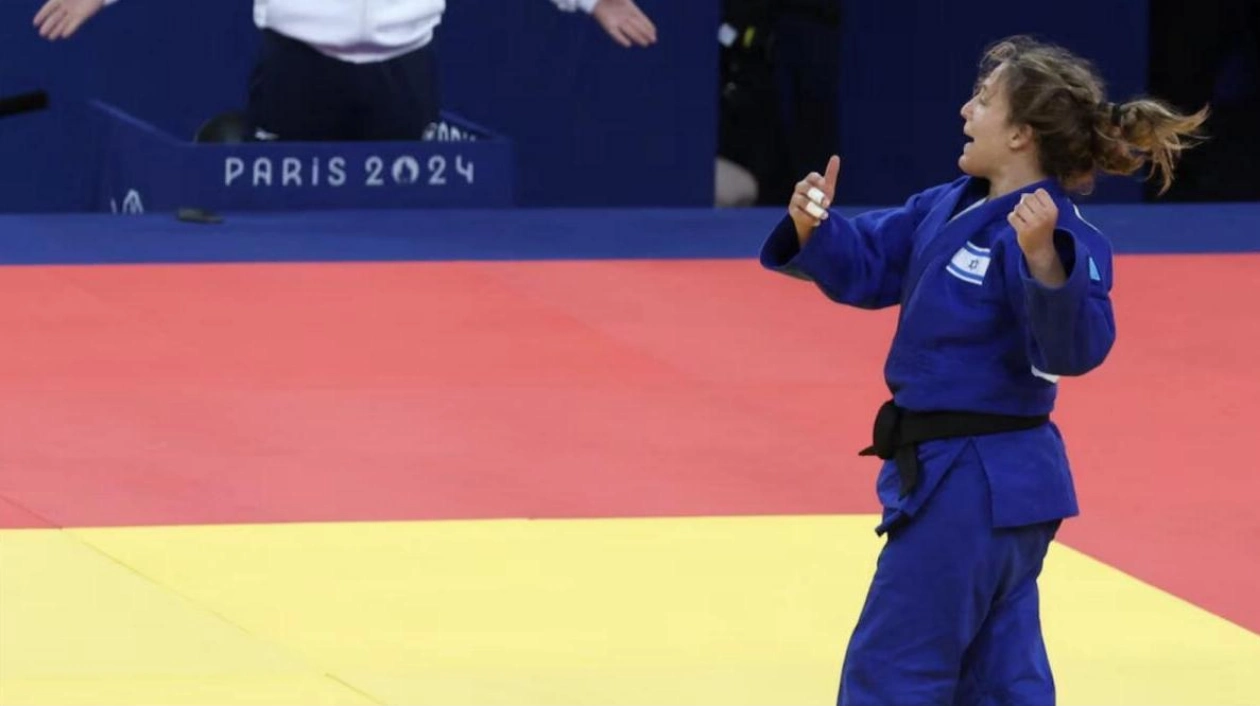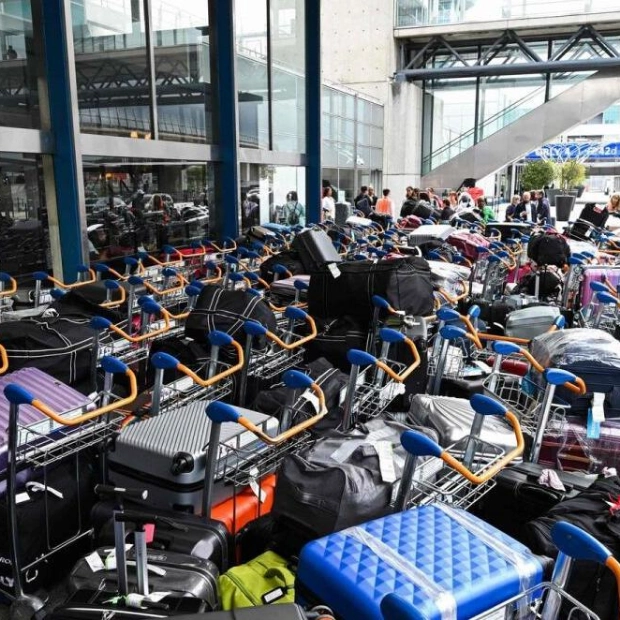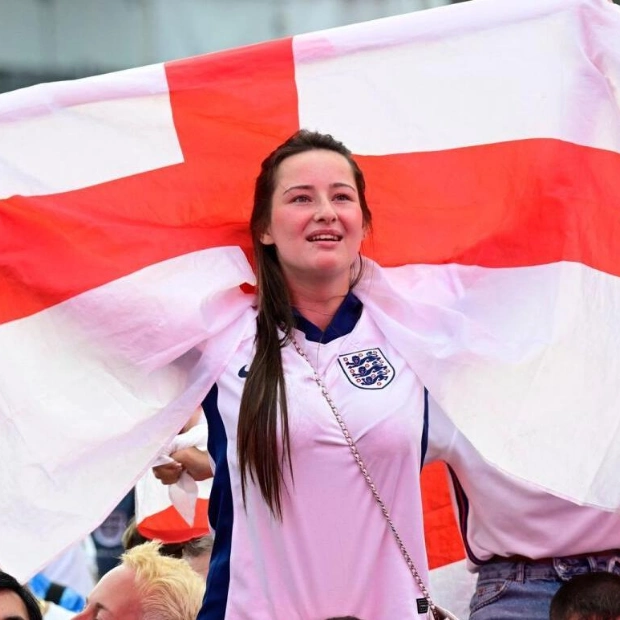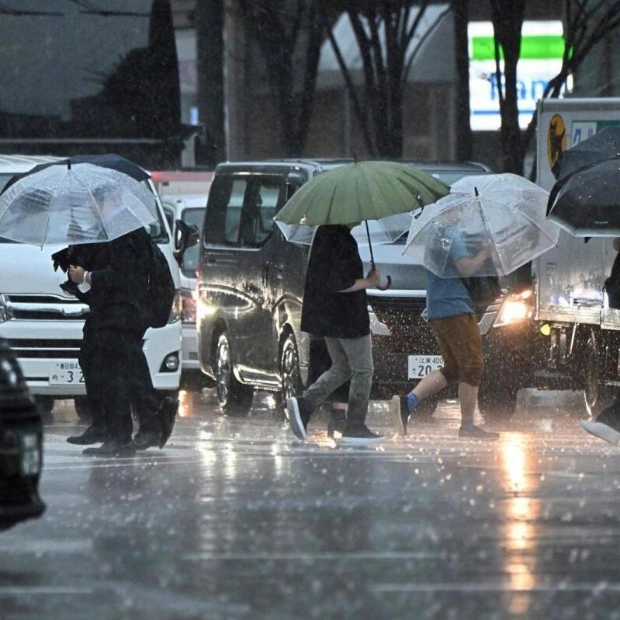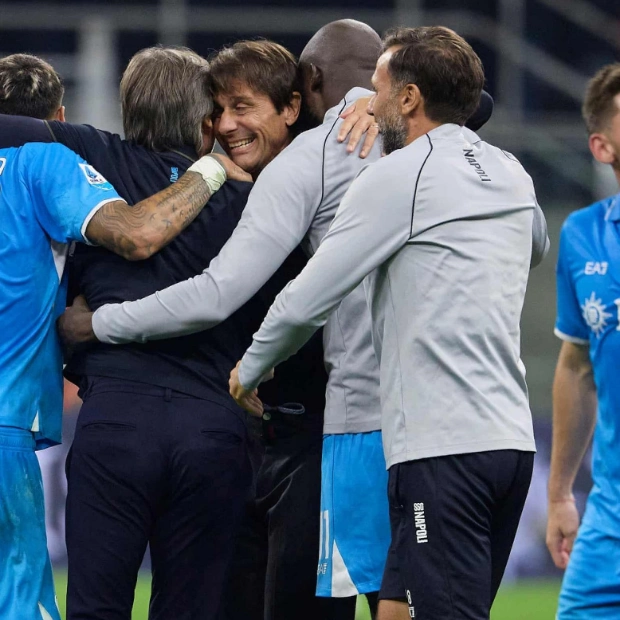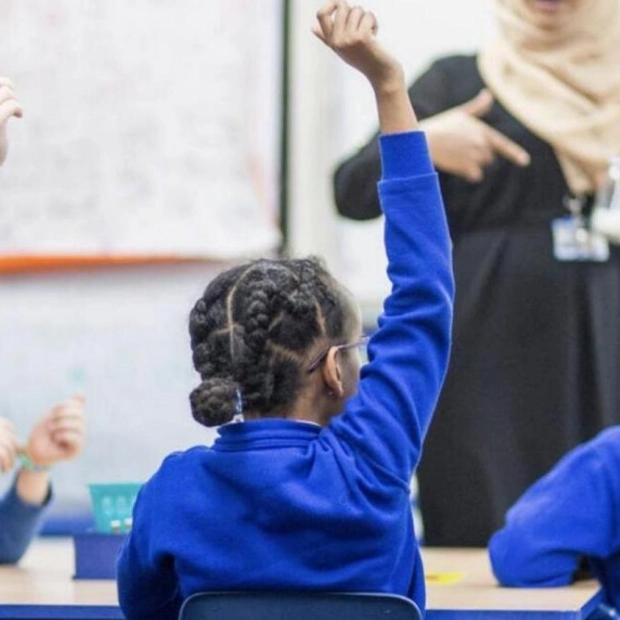As Israeli and Palestinian judokas stepped onto the tatami mats at the Paris Olympics on Tuesday, the ongoing conflict in their homeland weighed heavily on their minds. Two competitors - one from each side - were defeated by different opponents. However, their post-match remarks underscored the deeply personal nature of the competition and the challenges faced by organizers in establishing an Olympic truce following ten months of hostilities between Israel and Palestinian Hamas militants in Gaza.
Feras Badawi, one of eight Palestinian athletes at the Games, expressed his thoughts to reporters after losing his first-round match in the under 81 kg category to Tajik Somon Makhmadbekov. Badawi stated that while the Olympics aim to foster peace, it feels hypocritical when war rages at home. He added that he could not envision competing against or shaking hands with Israeli athletes given the current situation in Gaza, which has resulted in at least 39,400 Palestinian deaths since Israel launched its offensive against Hamas in retaliation for the October 7 attack that claimed 1,200 lives in southern Israel.
In the women's under 63 kg category, Israeli judoka Gili Sharir reflected on her loss to French Olympic champion Clarisse Agbegnenou. Sharir, one of 88 Israeli athletes in Paris, emphasized her allegiance to Israel and the honor of representing her country. She acknowledged the political backdrop but hoped that sports could transcend politics. Sharir was accustomed to being shunned by some due to her nationality but wished for sportsmanship to prevail.
These interactions at the Champs de Mars arena occurred after an Algerian judoka was disqualified from a potential match with an Israeli the previous day, highlighting how the conflict has impacted the Games. Pre-Olympic expectations included potential widespread protests and significant displays of anti-Israeli sentiment, but these have been sporadic. There have been hostile chants at soccer matches, and French prosecutors are investigating death threats against Israeli athletes, a distressing development 52 years after the Munich massacre.
Verbal exchanges have primarily come from the delegations' officials, each defending their stance. At the opening ceremony, Palestinian athletes displayed political symbols, drawing criticism from Israeli officials for violating the Olympic charter. The Palestinian Olympic Committee (POC) has urged the International Olympic Committee (IOC) and International Football Federation to suspend Israel, comparing its actions to Russia's suspension over Ukraine. POC chief Jibril Rajoub criticized the IOC for double standards and highlighted the war's impact on Palestinian athletes, accusing some Israeli athletes of promoting the conflict on social media.
The Israeli embassy in Paris refuted Rajoub's allegations as a smear campaign. Israeli Olympic Committee officials, including Yael Arad, denounced Rajoub's remarks, calling him a convicted terrorist. Despite the challenges, Arad chose to focus on the positive representation of the Israeli flag, viewing it as a symbol of strength and resilience following the October 7 attack.
